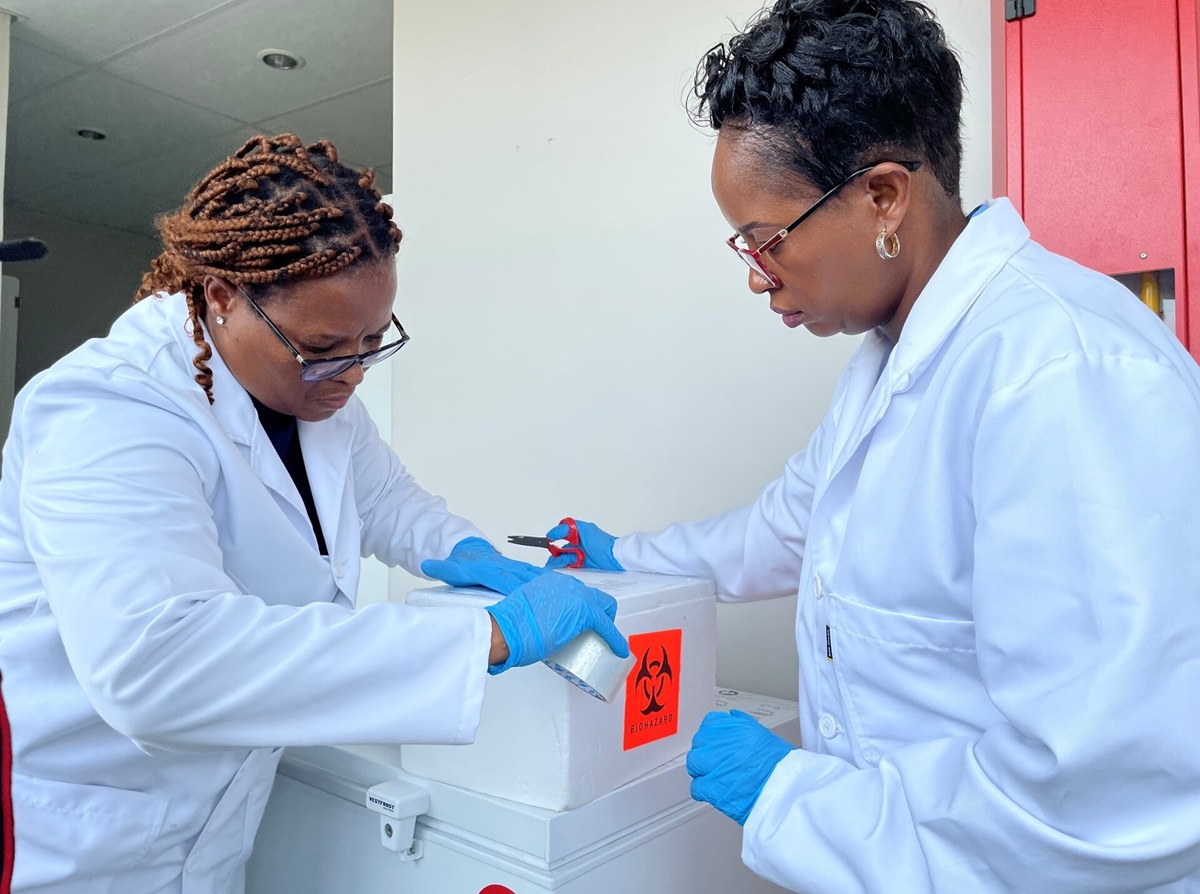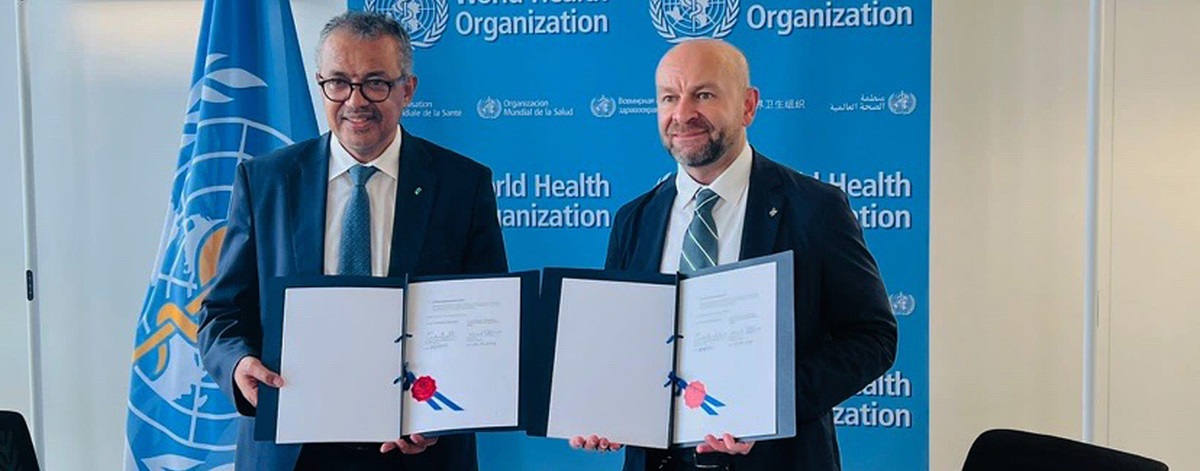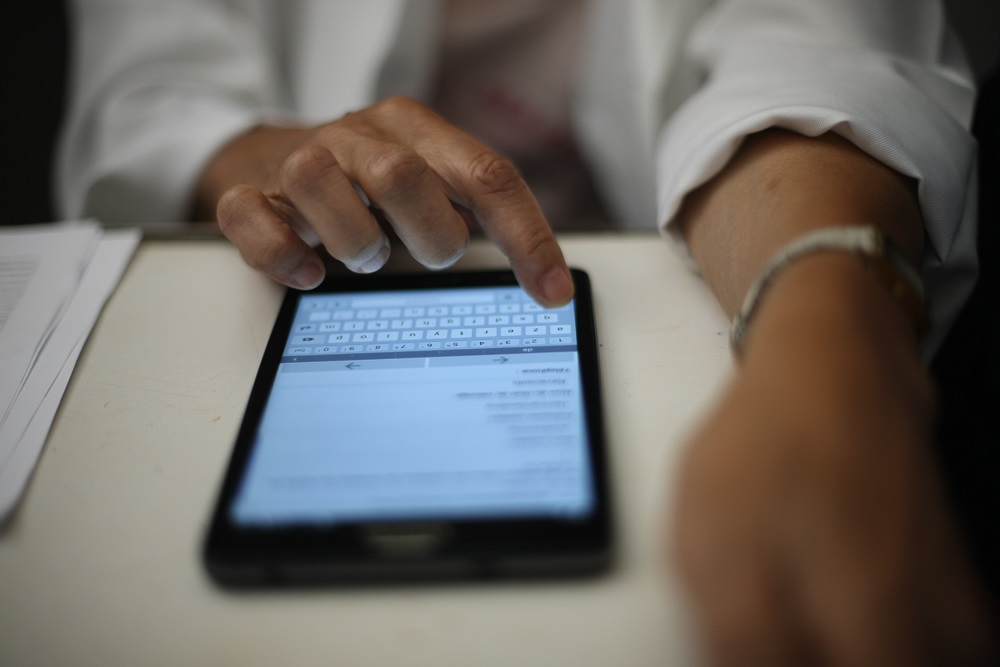Global Research Agenda on Knowledge Translation and Evidence-informed Policy-making
While the importance of translating evidence into policies and practices is widely acknowledged by evidence producers, intermediaries, users, and funders, there is much less agreement on suitable mechanisms for promoting effective evidence use. As a response, the World Health Organization (WHO) has initiated an extensive and inclusive research priority-setting exercise in Knowledge Translation (KT) and Evidence-informed Policy-making (EIP) through a series of technical consultations.



